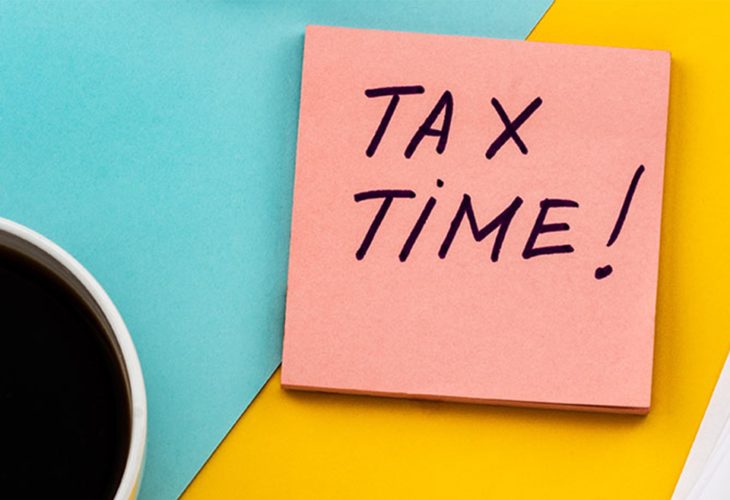Valuable Tips to Prepare for Tax Season

If we had to guess, we’d say that filing income taxes is probably the last thing you want to deal with. Millions of Americans typically wait until the last minute before submitting their return, and who can blame them? For most, this topic is as stale as old bread.
The season also raises feelings of uncertainty. Where do I begin? Am I using the right tax forms? What if I made a mistake on my return? Before you know it, you’re swimming in a sea of questions.
Don’t let the April 15 deadline sneak up on you. If you don’t know where to begin or need some refreshers, here are some valuable tips to help you get the ball rolling with ease.
Tip 1: Get Your Ducks in a Row
We are not the first to say this, nor will we be the last– but whether you’re a first-time filer or someone with a complex financial portfolio, your first step is having your information ready by gathering your income statements.
This includes a W-2 provided by your employer(s), bank and mortgage statements, and other income-related documents from the previous year. It also includes receipts from charitable donations you made, as this could possibly provide tax benefits1. Keep these items stored somewhere secure so you can conveniently go back to them as you begin filing.
If you’re working with a tax advisor or professional, they will provide personalized options based on your financial situation. Once you’re done filing, keep your statements and a copy of your return stored, ideally for the next 3-6 years in case you need to review them again for any reason.
Tip 2: Do Your Research
Take your time and do some research to learn more about your options and obtain tax-filing resources.
Did you know that the IRS provides programs that can help you save money? If you have low-to-moderate income, have a disability, or speak limited English, the Volunteer Income Tax Assistance (VITA) program offers free tax prep services, and the Tax Counseling for the Elderly (TCE) provides counseling to taxpayers older than 60 years of age and specializes in questions about retirement-related issues. Active duty military and veterans can also receive tax benefits. To learn more, all you’ll have to do is find a location in your area to schedule an appointment to see if you qualify for assistance.
Feel free to get social and connect with the IRS on social media to get information at any time. Tax laws can be difficult to understand, so don’t be afraid to reach out to them if you need help. They also have an Interactive Tax Assistant (ITA) tool that provides answers to all of your tax-related questions.
Tip 3: File Early if You Can
The IRS will start accepting returns by the end of January. The sooner you send it off, the more beneficial it is for you.
Here’s why; Filing early can help prevent mistakes on your return. If money is owed, for example, then you will have more time to develop a payment plan. Additionally, submitting early could help avoid late penalties.
More importantly, filing early can help prevent tax-related identity theft. Around this time, scammers are looking for ways to steal your Social Security (SSN) number and personal information to file fraudulent tax returns and claim a refund. The IRS indicates that tax fraud is one of the most common forms of identity theft, which impacts more than 10 million nationwide every year.
So how can we combat it? One option is to request an Identity Protection PIN (IP PIN) from the IRS. This six-digit numerical code is mailed to confirmed identity theft victims every January, and this code prevents someone else from filing a paper or electronic return using your SSN. This layer of protection provides peace of mind and a safe way to verify a taxpayer’s identity.
If you live in the State of California, you’re eligible for the online IP PIN Opt-In Program, even if you aren’t a victim of identity theft— so long as you filed a federal return last year as a resident of California or another qualifying state. But just so you know, once you request an IP PIN, the IRS will send you one in the mail every January going forward.
It’s not uncommon to feel overwhelmed at this time, especially if you see your questions piling high and growing taller than Uncle Sam’s top hat, but don’t bury yourself in doubt. Ultimately, if you begin prepping now and start researching, you’ll find that this process is not as scary as it seems.
1. Consult your tax advisor or a tax professional for additional details.





